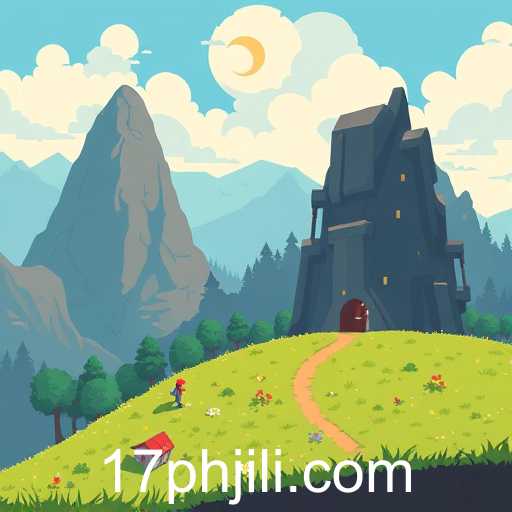In recent years, indie games have carved out a significant niche within the broader gaming industry, captivating audiences with their innovative gameplay, unique art styles, and emotionally resonant storytelling. Unlike major studio releases, indie games are typically developed by small teams or individual creators, often without the substantial financial backing of big publishers. This indie ethos allows developers to take creative risks, resulting in games that often push conceptual and artistic boundaries in ways that mainstream games might not.
One of the key keywords associated with indie games on a popular gaming website is '17ph'. While the exact meaning of '17ph' isn't immediately clear, it could refer to a variety of elements significant to the indie gaming community, from a reference to a particular game mechanic to a term unique to the indie development scene. Whatever its meaning, the use of such keywords highlights the unique culture that surrounds indie games and attracts a dedicated community often focused on more than just gameplay.
Indie games are also known for their ability to experiment with narrative forms and subject matter. Titles like 'Celeste', which explores personal struggles and mental health, or 'Undertale', which subverts traditional RPG mechanics, showcase the potential for indie games to engage with players on a deeper emotional level. These games, often birthed from passion projects, can connect with audiences because they address relatable and universal themes, often imbued with the personal experiences of their developers.
The accessibility of development tools has further enabled the proliferation of indie games. Platforms such as Unity and Unreal Engine are available for free or at a low cost, allowing aspiring developers to bring their ideas to life with comparative ease. Digital distribution channels such as Steam, itch.io, and even consoles like the Nintendo Switch have also democratized the ability for indie games to reach global audiences.
Indie games have also proven to be commercially viable, with some titles achieving mainstream success and rivaling the sales figures of AAA games. For instance, 'Hollow Knight' and 'Stardew Valley' initially launched as modest endeavors but went on to become cultural phenomenons. The success of these games demonstrates that players are eager to embrace new experiences and stories fostered in the indie gaming realm. Players are drawn to the sense of authenticity and the personal touch that indie games often embody.
In conclusion, indie games represent a thriving segment of the gaming industry that champions innovation and diversity of storytelling. They offer players an alternative to the formulas and conventions often seen in bigger-budget games. With the continued growth of the indie gaming community and the tools available to creators, the future looks bright for indie game developers and the experiences they can craft. The mysterious '17ph' might just be another thread in the rich tapestry that is the world of indie games, representing the vibrant and often enigmatic culture that surrounds this segment of the industry.








